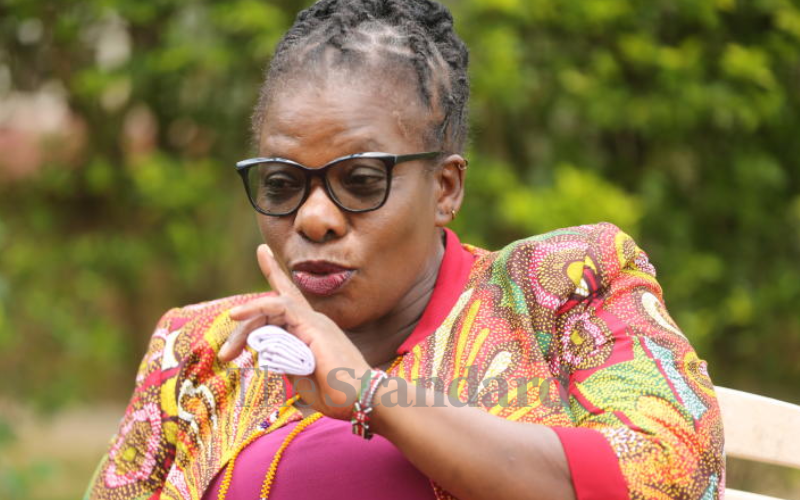×
The Standard e-Paper
Home To Bold Columnists

Many occupy elective offices courtesy of their good deeds but not all good deeds can make one ascend to the said office as Mary Makokha can attest.
Her deeds especially fighting for the welfare of the girl child and women have been weapons opponents use against her whenever she vies for political office.